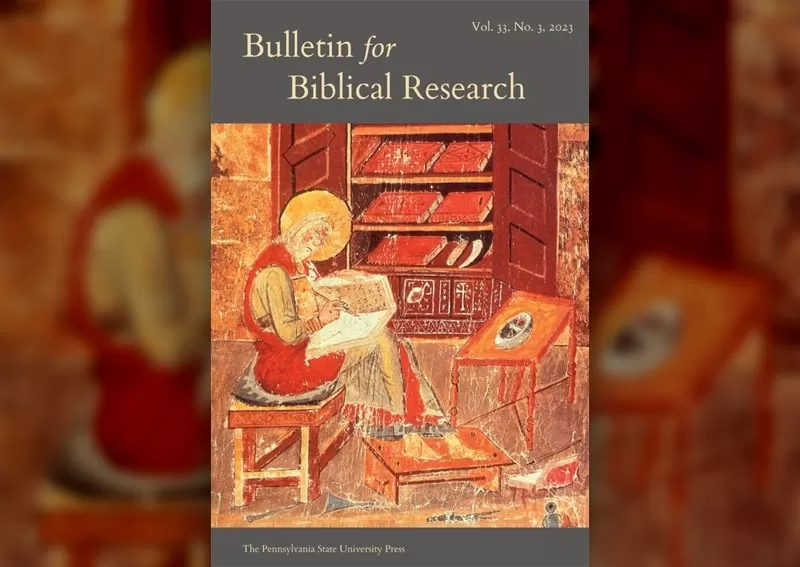The article argues that the subjection of creation to futility in Romans 8:19-22 is not about the general condition of creation due to Adam’s sin, but rather a critique of Greek idolatry and its corrupting influence on the material world. The suffering of the present time refers to the historical crisis faced by the early churches transitioning from the pagan order to monotheism. The liberation of creation will occur when the Greek world abandons idolatry and serves the living God.

The latest issue of The Bulletin for Biblical Research (33.3, 2023) has my article on the subjection of the creature or created material to the futility of idolatry. It’s an argument that I made here in outline a few years ago. You need a subscription or institutional access to view it, but here’s the abstract:
What Paul has to say in Rom 8:19–22 about the subjection of he ktisis to futility, its bondage to corruption, and its groaning in pain is usually read as a statement about the general condition of creation, ruined by the sin of Adam as indicated in Rom 5:12, which, along with believers in Jesus, yearns for final restoration. The argument put forward here will be that the conceptual frame for the passage is furnished not by the story of the fall but by the more focused and characteristically Hellenistic-Jewish polemic against “Greek” idolatry developed in Rom 1:19–23. What troubles Paul as a pious Jew in the Mediterranean world is the subjection of the material of creation—wood, stone, gold, silver—to futile religious practices that result in the corruption of life. The whole of creation groans in solidarity with the abused “creature,” but in the “present time” there is also a groaning community that bears confident witness to the approaching end of the impious pagan order.
The main points of the thesis are:
1. The phase “sufferings of the present time” (Rom. 8:18) is a reference not to the universal suffering of humanity but to the historical crisis faced by the churches in the “eschatological” or epochal transition from the old pagan order to a Christ-honouring monotheism.
2. Likewise, creation does not suffer absolutely or universally. There is no complete ontological “fall” of creation in scripture. Rather, the earth or the land suffers, mourns, groans because of the contemporary wickedness of the people who live upon it.
3. Paul differentiates in Romans 1:20-25 between creation as a whole, which expresses the reality and power of God, and the “creature” or “created thing,” which the Greeks worship in the futility of their thinking. The same distinction is found in Romans 8:19-22: the created material or object has been subjected to the futility of idolatry and desires to escape from this bondage; creation as a whole groans sympathetically because of Greek religious abuse of created materials that should express the glory of the living God.
4. At the vindication of the suffering “sons of God,” when the Greek world finally abandons its idols and serves the living God, the created object will happily be liberated from its age-old subjection to the sort of corruption of a civilisation described in Romans 1:18-31.
Recent comments